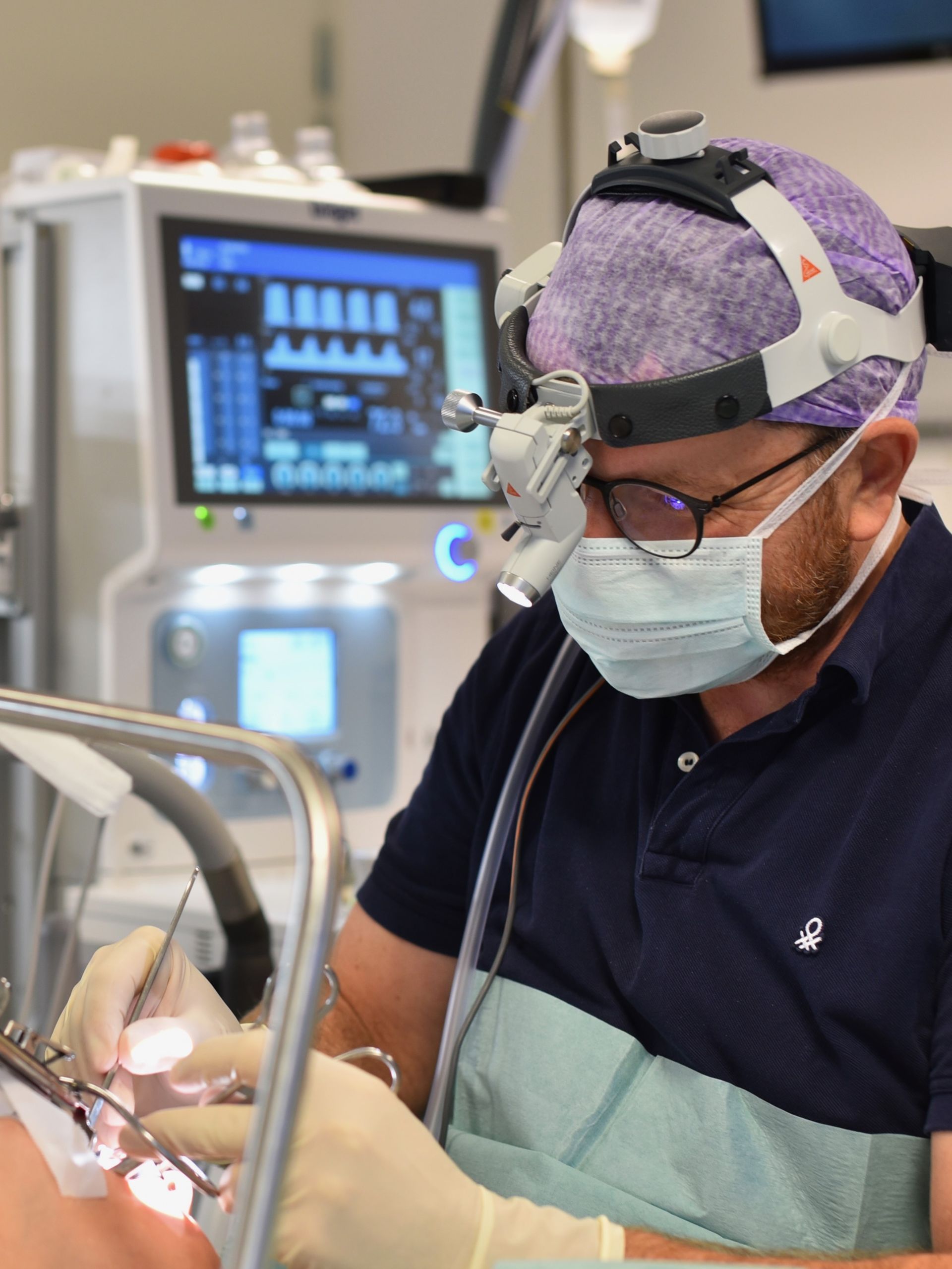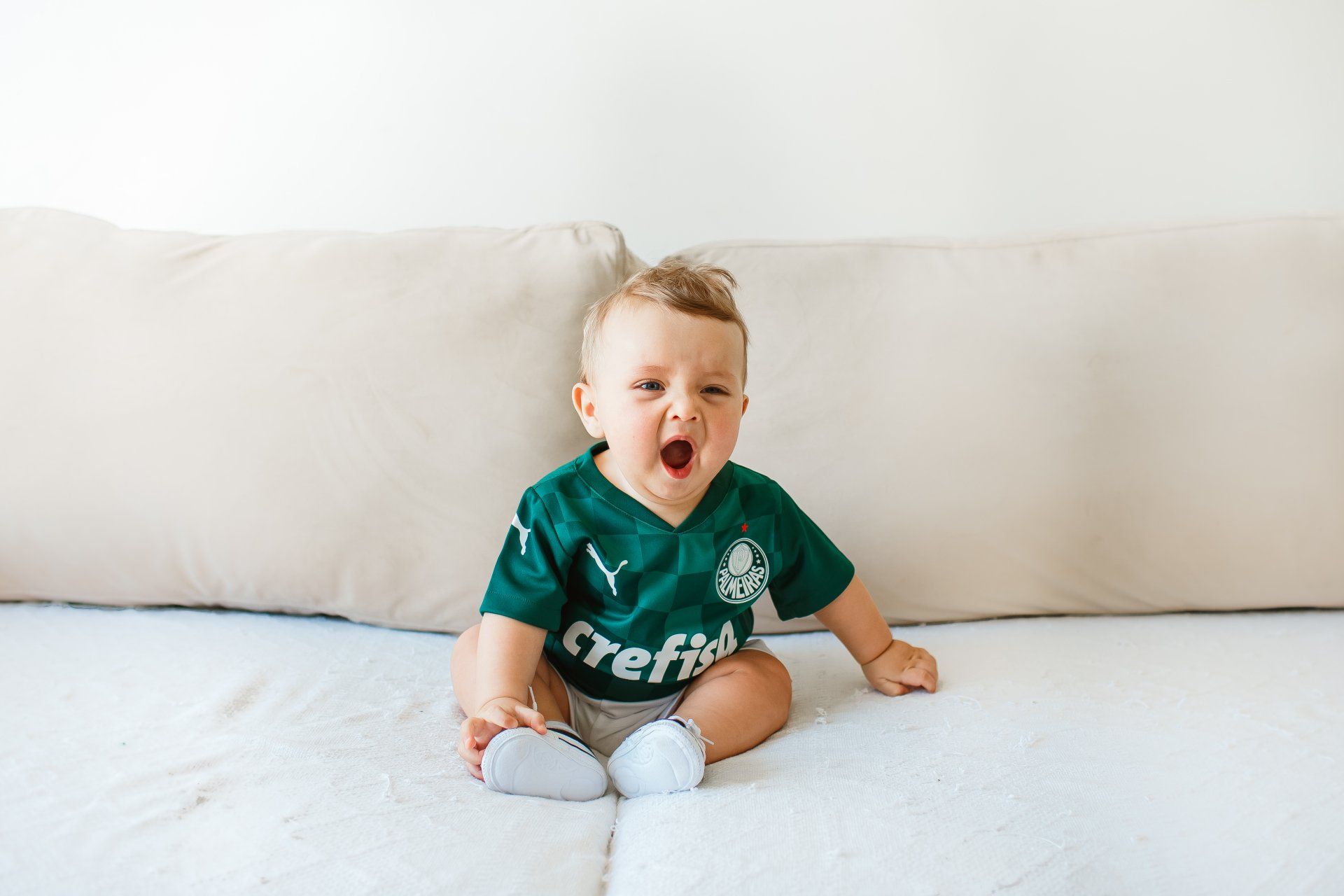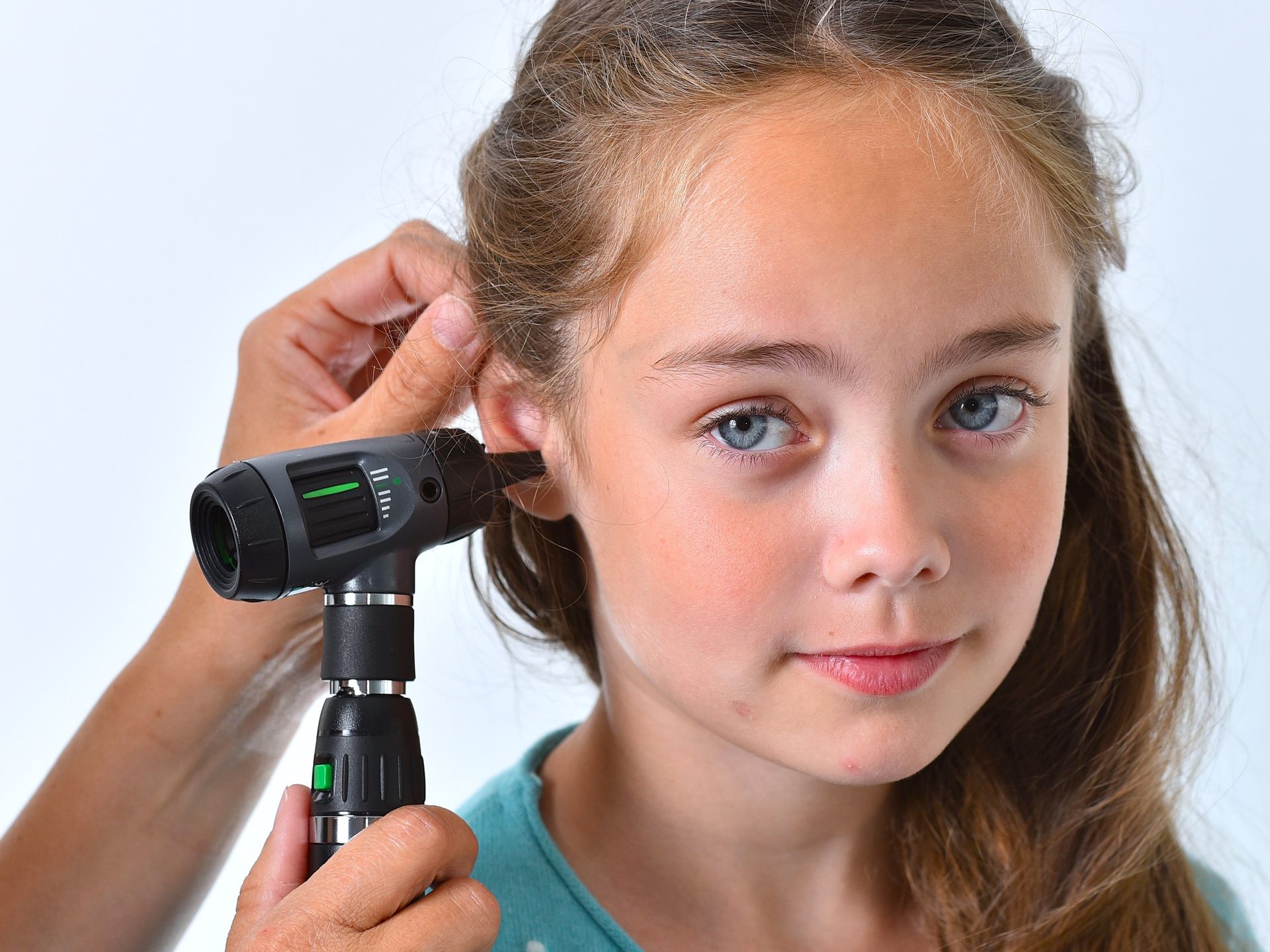Sleep problems in children
Sleep problems in children
Sleep difficulties in children can have many causes.
At Charlottenlund Private Hospital we have a lot of experience with children and we are among the only private hospitals in Denmark that have experience with anesthetizing very young children under the age of two. At Charlottenlund Private Hospital we examine small children who sleep poorly every day and it is always possible to get a quick appointment for an examination.
Earache is one of the most common causes of sleep problems in children!
Ear problems, where there is either persistent fluid in the middle ear or middle ear infections, cause pain in the ears. Typically, children wake up with ear pain after sleeping for 30-40 minutes, and then have difficulty finding peace and look up with their heads. Many parents experience nights with frequent awakenings, in some cases up to 20 times on a bad night. Panodil can have a good effect, but often does not work for long at a time.
At Charlottenlund Private Hospital, we are ready to investigate whether there are signs that ear pain could be a possible explanation. If fluid is found in the middle ear and this has been present for more than 2-3 months, the condition can be treated by inserting drains, which often provides rapid relief of the pain and an improvement in sleep.
If it turns out that the ears are not the problem, you will of course be guided based on an overall assessment of whether there may be musculoskeletal problems, suspected reflux or perhaps constipation. Even if the problems do not originate from the ears, you will always receive an overall assessment with a view to further investigation and treatment of your child.
Children's polyps and large tonsils may be related to problems with the ears!
If your child snores loudly or pauses in breathing during sleep, has a chronic runny nose and difficulty breathing through the nose, childhood polyps in the nasopharynx should be suspected - possibly in combination with large tonsils.
If your child has poor sleep or pauses in breathing, it could be sleep apnea caused by large tonsils or polyps. Children's polyps are located behind the nasopharynx and can therefore block the Eustachian tube, which is the connection to the middle ear. This can cause fluid in the middle ear and otitis media. At Charlottenlund Privathospital, an examination of tonsils and polyps is therefore always included when the youngest children have their ears examined.
Charlottenlund Private Hospital is one of the only private hospitals in Denmark that offers surgery for children up to 6 months of age, which is because we have specially trained staff in anesthesia and recovery with special experience and training in anesthetizing children.
Contact us to book an appointment as either a private payer or through health insurance. We have no waiting time for examinations of children.


Frequently Asked Questions
When it's the ears
Earache in children is a common cause of restless sleep and can be very uncomfortable for both the child and the parents. Often the pain is caused by an ear infection, which can occur in connection with a cold or other upper respiratory infection. When fluid builds up in the middle ear, it can create pressure and pain, especially when the child is lying down, which can lead to interrupted sleep, crying and restlessness at night.
In addition to ear pain, the child may have a fever, hearing loss, or complain of a feeling of pressure in the ear. Young children who cannot yet verbalize their pain may be particularly whiny, have difficulty finding peace, or touch their ear repeatedly.
In many cases, an ear infection will go away on its own, but if the child has severe pain, a high fever, or persistent symptoms, a medical evaluation may be necessary. The specialist will be able to examine the child's ears and assess whether pain relief, antibiotics, or other treatment is needed.
If your child has persistent ear pain or often gets otitis media, it may be a good idea to talk to an ear, nose and throat doctor for a more thorough assessment.
When it's the almonds
Large tonsils can be a common cause of sleep problems in children. Enlarged tonsils can block the airway, especially when the child is sleeping, which can lead to snoring, restless sleep, and in some cases, sleep apnea. Sleep apnea means that the child has small pauses in breathing during sleep, which can disrupt the quality of sleep and lead to daytime fatigue.
Children with large tonsils and sleep problems may find that they wake up frequently at night, sleep restlessly and have difficulty getting a consistent and deep sleep. Some children move a lot in bed, sweat at night or wake up several times. Poor sleep can affect the child's energy and mood during the day, and some children may seem tired, unfocused or irritable.
If your child snores a lot, has restless sleep, or shows signs of sleep apnea, it may be a good idea to get an evaluation from an ear, nose, and throat doctor. In some cases, treatment, such as removal of the tonsils, may be necessary to ensure that the child gets better, more uninterrupted sleep.
When it's the polyps
Enlarged adenoid polyps (adenoids) can be a common cause of sleep problems in children. They are located at the back of the nasopharynx and, if enlarged, can block the passage of air through the nose. This can lead to snoring, restless sleep and in some cases sleep apnea, where the child has small pauses in breathing during sleep.
Children with enlarged nasal polyps often have difficulty breathing through their noses and will instead breathe through their mouths, both day and night. This can result in dry mouth, restless sleep, and frequent awakenings. Some children sweat a lot at night, move restlessly in their sleep, or wake up several times. Poor sleep can affect a child's mood and concentration during the day, and some children may seem tired or unmotivated.
In addition to sleep problems, enlarged nasal polyps in children can also lead to fluid buildup in the middle ear. When the polyps block the Eustachian tube, which connects the middle ear to the throat, fluid cannot drain properly. This can cause the child to have hearing loss, a feeling of pressure in the ears, and an increased risk of middle ear infections. Some children will find that they often say “what?” or have difficulty following conversations because they cannot hear clearly.
If your child snores a lot, sleeps restlessly, or has repeated problems with fluid in the middle ear, it may be a good idea to get an evaluation from an ear, nose, and throat doctor. In some cases, it may be necessary to remove the children's polyps to improve both the quality of sleep and the child's hearing.
When it's something completely different
Poor sleep in children can have many causes, and it is not always related to enlarged tonsils, childhood polyps or ear problems. If your child is sleeping restlessly, waking up frequently or having difficulty falling asleep, it may be a good idea to investigate other possible causes.
An important factor is the child's physical well-being. Tension in the neck and back can affect sleep, as it can make it difficult for the child to find a comfortable sleeping position or lead to discomfort during the night. We therefore recommend that the child be examined by a chiropractor to assess whether there is tension or locking that can affect sleep.
Additionally, digestive problems such as reflux or constipation can also be a hidden cause of poor sleep. Children with reflux may experience discomfort in the stomach or throat, especially when lying down, which can lead to frequent awakenings. Constipation can cause stomach pain and discomfort that can disrupt sleep and make the child restless at night.
If your child is having trouble sleeping but has no obvious respiratory or ear problems, it may be a good idea to have their back and neck examined and to assess for signs of reflux or constipation. A holistic approach can help find the cause and ensure that your child gets the best possible sleep.
At Charlottenlund Private Hospital you will always receive advice and guidance - even when we can't find anything we can treat. This way you never go home without having learned more about your situation as parents and your child.

How do I proceed?
If you have health insurance, we always recommend that you contact it first. Health insurance typically does not cover you unless you have first agreed to this. You should therefore always consult your insurance company before contacting us to make an appointment.
Charlottenlund Private Hospital has cooperation agreements with most of the major insurance companies.
Appointment booking
Our phones are open every day from 8am to 3pm where our receptionists are ready to answer questions and book an appointment for your child. We typically have a waiting time of less than a week for a preliminary examination and a few days for an operation.
Patient opinion
"Fantastic place with very professional and friendly staff! Really only one big recommendation for Charlottenlund Private Hospital. All staff are very skilled and competent and at the same time friendly, attentive and caring. I can give the place my warmest recommendation and a huge thank you!"
Book an appointment for treatment of children with sleep problems
If your child is having trouble sleeping and you would like to be treated with us, please contact us. Our secretaries are ready to help and answer any questions you may have, as well as to find time for both a preliminary examination and surgery.
Opening hours
Tuesday:
Wednesday:
Thursday:
09:00 - 15:00
09:00 - 15:00
09:00 - 15:00
Phone time
Tuesday:
Wednesday:
Thursday:
08:00 - 09:00
08:00 - 09:00
08:00 - 09:00
Address
Section for Sleep
Hans Edvard Teglers Vej 9, 2nd floor.
2920 Charlottenlund
The section for Søvn is located in the middle of Jægersborg Allé and the entrance is from the parking lot behind Meny, where you can park for free for 2 hours.
Tel: +45 32 22 44 10


